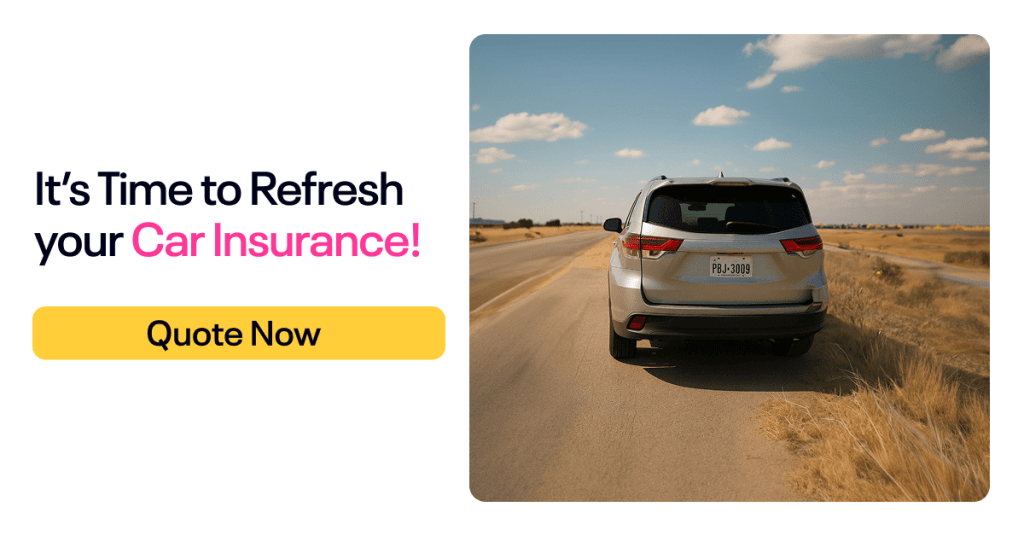The fastest way to check insurance status is by reviewing your policy documents, using your vehicle’s VIN for online lookups, or accessing your state DMV’s verification portal. These tools confirm whether your coverage is active, helping you avoid penalties, registration issues, or gaps in protection that could leave you financially exposed.
Quick Takeaways
- You can check insurance status through your insurer, policy number, VIN, or state DMV portal.
- Many states offer online “insurance verification” tools (e.g., GA insurance check in Georgia).
- A policy card is proof but should be cross-checked with your insurer for accuracy.
- Privacy matters: only owners and authorized users can access VIN or DMV records.
- Always verify coverage before registering, renewing, or driving a car.
What it is: Check insurance status explained
When drivers ask how to check insurance status, they want to confirm whether a vehicle has valid, active auto insurance. This can be done using your policy documents, VIN number, or state DMV verification systems. The process ensures compliance with state laws and protects against fines or registration suspensions.
Why does checking your insurance status matter?
Driving without active insurance has serious consequences: fines, license suspension, or even impoundment in some states. Beyond legal risks, not knowing your status can leave you financially unprotected in an accident.
Checking regularly is especially important if you’ve recently:
- Switched insurers
- Bought a used car
- Renewed your registration
- Had a policy lapse due to missed payments
Check via policy, VIN, or insurer
Policy documents
The most straightforward way is reviewing your insurance ID card or digital policy. These include:
- Policy number
- Coverage dates
- Vehicle details
Always confirm the effective and expiration dates. If expired, your DMV may already have flagged the vehicle.
Insurance lookup by VIN
Some insurers and state systems allow insurance lookup by VIN. By entering your Vehicle Identification Number, you can verify whether the car is insured and with which provider. This is useful for confirming coverage when buying or registering a used vehicle.
Insurer’s customer portal
Most insurance companies provide online dashboards or mobile apps where you can log in to check real-time status. This is the fastest way to verify before driving or registering your car.
Check via DMV portals
Many states operate insurance verification databases tied to registration systems.
Examples:
- GA insurance check – Georgia drivers can verify active insurance through the Georgia Electronic Insurance Compliance System (GEICS).
- TexasSure – Texas links insurance records to vehicle registration, allowing quick verification.
- California DMV – Requires insurers to electronically report coverage updates.
| State | Portal/Tool | Access |
| Georgia | GEICS (GA insurance check) | Online with VIN & plate |
| Texas | TexasSure | Plate + driver info |
| California | DMV Insurance Verification System | Insurer-reported |
| Florida | FLHSMV Online Verification | Requires driver/vehicle info |
Privacy & verification notes
- Access restrictions: DMV portals typically require ownership verification. Unauthorized VIN lookups may be limited.
- Third-party sites: Avoid unofficial VIN check websites; they may sell data without providing accurate insurance info.
- Data accuracy: DMV databases can lag. Always confirm directly with your insurer if in doubt.
- Register car insurance requirements: To register or renew a vehicle, most states require real-time proof of insurance on file.
FAQs
How can I quickly check if my car is insured?
Review your policy card, log into your insurer’s portal, or use your state DMV’s online insurance verification tool.
Can I use my VIN to check insurance?
Yes, some state systems and insurers allow an insurance lookup by VIN. You’ll need to prove ownership or provide additional details.
What is GA insurance check?
It’s Georgia’s online system (GEICS) that lets residents verify insurance status linked to a vehicle’s registration.
Can I register car insurance after my registration expires?
Most states require proof of insurance before renewing registration. If your coverage lapsed, you must reinstate insurance first, then complete registration.
What happens if my insurance lapses?
A lapse can result in DMV fines, registration suspension, and higher future premiums. Some states require SR-22 filings after repeated lapses.
Can police check my insurance instantly?
Yes. Most states give law enforcement electronic access to DMV insurance databases, meaning officers can confirm your status during a traffic stop.
Glossary
- VIN (Vehicle Identification Number): A unique 17-character code identifying your car.
- Policy number: Unique number assigned to your insurance contract.
- DMV (Department of Motor Vehicles): State agency that manages vehicle registration and insurance compliance.
- SR-22: A form certifying insurance coverage for high-risk drivers.
- Insurance lapse: A gap in coverage caused by nonpayment or cancellation.
- GA insurance check: Georgia’s electronic insurance verification system.
- Financial responsibility law: Requirement to prove you can pay for damages after an accident.
Don’t wait for a fine or accident to find out you’re uninsured. Take five minutes today to confirm your coverage using your policy, VIN, or DMV tools.
With the Finhabits comparison tool, you can easily check quotes and choose the coverage that fits you best.
Sources:
- Vehicle Insurance Requirements | Department of Revenue – GA insurance check
- TexasSure Vehicle Insurance Verification – TexasSure
- California Department of Motor Vehicles (DMV) – California DMV
- Insurify: Car Insurance Trends & Average Premiums in 2025
- U.S. News & World Report: Why Are Car Insurance Rates Going Up?
- Yahoo! Finance: Minimum Car Insurance Requirements in All 50 States
Disclaimer
This article is for informational purposes only and does not constitute legal or financial advice. Always consult your state’s DMV or a licensed insurance professional before making coverage decisions.






